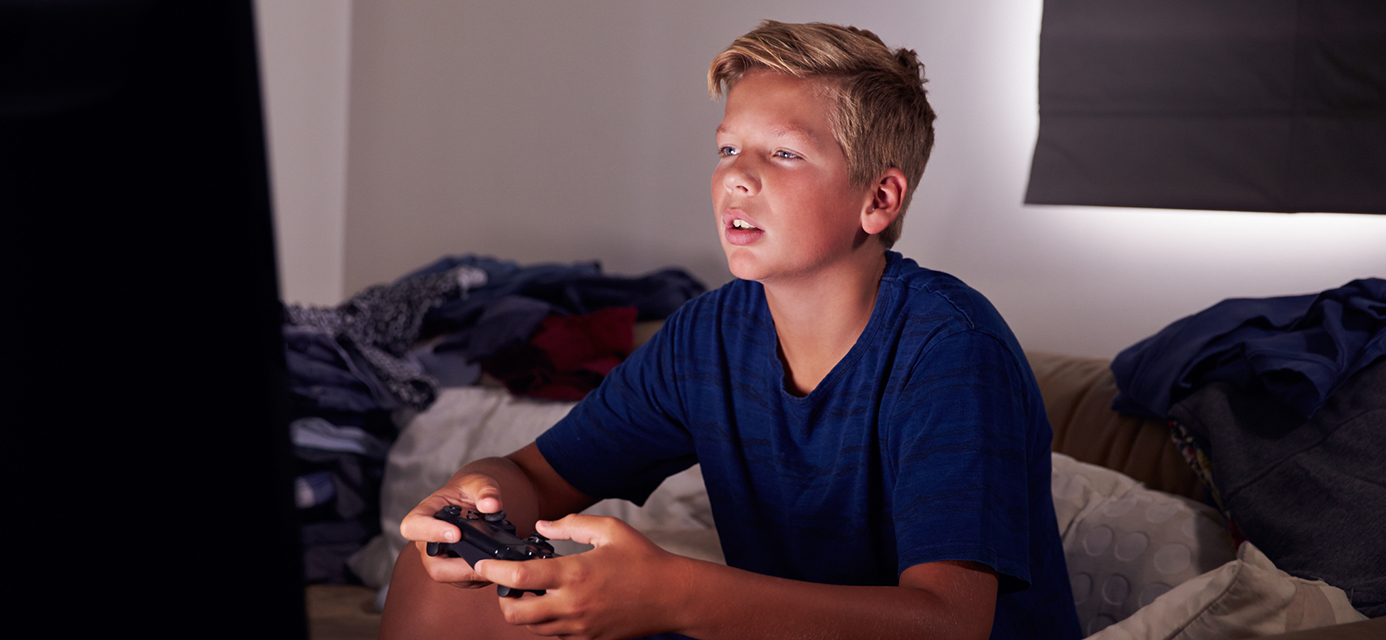These days, many kids spend a lot of time on video games and social media sites. These sites offer ways to have fun, connect with others, and even learn. You can become hooked to them, though, which is bad for your physical, mental, and emotional health. Teens need to know about the hidden risks of games and social media addiction in order to form healthy digital habits and live a balanced life.
What Is Gaming and Social Media Addiction?
Gaming and social media addiction occur when individuals spend an uncontrollable amount of time on these platforms, often at the expense of their daily responsibilities, relationships, and overall health. It’s not just about the time spent but also the compulsive need to check notifications, play games, or scroll through feeds despite negative consequences.
The Hidden Risks
- Mental Health Challenges
Excessive use of gaming and social media can contribute to anxiety, depression, and stress. Constant exposure to unrealistic portrayals of life and social comparison can lower self-esteem. Additionally, the pressure to stay connected online can cause feelings of loneliness and isolation.
- Sleep Disruption
Many teens sacrifice sleep to continue gaming or browsing social media late into the night. Screens give off blue light that stops the hormone melatonin from being made. Melatonin controls sleep. This makes it hard to sleep and makes you tired during the day.
- Academic Decline
Addiction to digital platforms often results in procrastination and decreased focus on studies. Teens may find it difficult to balance schoolwork with their online activities, which can ultimately impact their academic performance and future opportunities.
- Physical Health Issues
Spending too much time in front of a computer can make you less active, which can make you fat and cause other health problems. Eye strain, headaches, and poor posture are common physical symptoms among teens who spend excessive hours in front of screens.
- Impaired Social Skills
While social media connects people virtually, it can sometimes impair face-to-face communication skills. Teens addicted to online interactions may struggle with real-life social situations, leading to difficulty in building meaningful relationships.
Building Healthy Digital Habits
The good news is that with awareness and conscious effort, teens can overcome these challenges and develop a healthier relationship with technology. Here are some practical tips to help build balanced digital habits:
- Set Time Limits
Using apps or device settings to limit daily screen time can help create boundaries. Designating specific hours for gaming and social media, while prioritizing homework and family time, encourages better time management.
- Take Regular Breaks
Encourage stepping away from screens every 30-60 minutes to stretch, move around, or rest the eyes. This practice reduces physical strain and refreshes the mind.
- Prioritize Sleep
Establish a “tech curfew” at least an hour before bedtime. Avoid using devices in bed to improve sleep quality and overall health.
- Engage in Offline Activities
Cultivate hobbies such as sports, reading, or the arts that provide fulfillment outside of the digital world. Engaging in real-life activities helps balance online and offline experiences.
- Practice Mindful Usage
Encourage teens to be conscious of why and how they use gaming and social media. Are they using it to connect meaningfully or just out of boredom? Mindfulness can reduce compulsive behavior.
- Seek Support When Needed
If gaming or social media use feels overwhelming or uncontrollable, it’s important to talk to trusted adults, counselors, or health professionals. There are also many resources and interactive tools designed to support teens in managing digital addiction.
For those looking to explore this topic further and access helpful tools, the resource at https://sapientamerica.com/category/digital-dangers/ offers valuable information on digital dangers and how to combat them effectively.
Conclusion
When teens use them wisely, video games and social media can make their lives better. But being aware of the hidden risks of addiction is important for stopping its bad effects. Teenagers can build good digital habits that improve their health, productivity, and relationships, both online and off, by setting limits, practicing mindfulness, and asking for help. Getting people to think about technology in a fair way will help it stay a good thing and not a bad thing.

